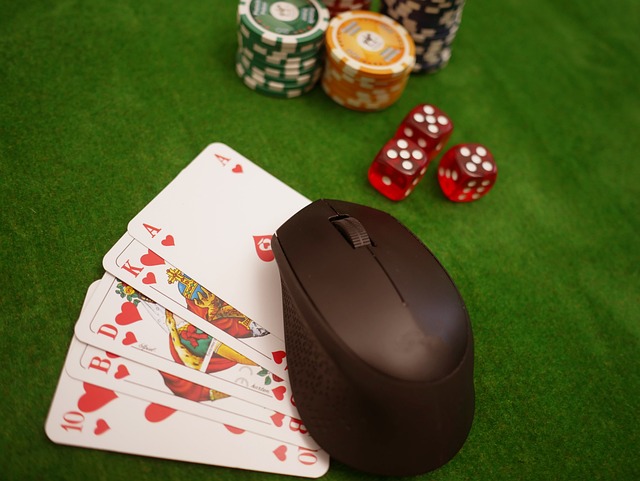Casino table games aren’t just games of math and chance—they’re also deeply influenced by human psychology. Whether it’s blackjack, poker, roulette, or craps, players are constantly making decisions under pressure, driven by emotions, cognitive biases, and social dynamics. Understanding the psychological forces at play can help gamblers recognize their habits, avoid common pitfalls, and make more rational decisions at the table. The casino environment itself is designed to keep players engaged, but with greater self-awareness, players can maintain better control over their choices and outcomes.
The Impact of Risk Perception and Loss Aversion
One of the most influential psychological forces in gambling is loss aversion—the idea that people feel the pain of a loss more intensely than the pleasure of an equivalent win. In table games, this can lead to overly cautious behavior or, paradoxically, reckless risk-taking in an attempt to recover losses. Players might double down in blackjack after a loss not because it’s statistically sound, but because they want to emotionally “break even.” Similarly, in roulette, a player may switch from red to black due to recent losses, even though the odds remain unchanged. Risk perception is often skewed by recent outcomes, leading to impulsive decisions that ignore logic or long-term probability. Recognizing loss aversion can help players avoid emotionally charged mistakes.
The Illusion of Control and Superstitions

Many table game players fall into the trap of the illusion of control—believing they can influence outcomes in games that are fundamentally based on chance. This is especially common in games like craps, where players might blow on dice, choose specific throwing techniques, or avoid touching chips during losing streaks. These behaviors are rooted in superstition and give a false sense of agency. In reality, games like roulette or baccarat operate on strict rules and probabilities. The illusion of control can also manifest in poker or blackjack, where players overestimate their influence due to one or two lucky hands. While confidence can be helpful, it’s important to balance belief in one’s skill with an objective understanding of randomness and house advantage.
Social Dynamics and Table Pressure
Table games are often played in public, creating a social environment that significantly affects decision-making. Players may act differently when others are watching, especially in games like blackjack, where their choices can impact the outcome for the table. Fear of judgment or not wanting to “mess up the shoe” can lead players to make suboptimal decisions. Peer pressure can also influence betting behavior—players might raise their stakes to match others or avoid folding in poker to save face. Casinos use this social energy to their advantage, creating an atmosphere that encourages risk-taking. Understanding how crowd behavior affects your decisions is key to staying disciplined and sticking to your strategy.
Chasing Wins and the Role of Dopamine

Winning at a table game triggers a dopamine response, reinforcing the behavior and encouraging players to continue. This brain chemical, associated with pleasure and reward, can lead to chasing behavior—where players try to recapture the high of previous wins. Even near-misses or exciting hands can stimulate dopamine, creating a cycle that pushes players to play longer or bet bigger. Casinos enhance this effect through sensory cues like flashing lights, upbeat music, and celebratory sounds. The danger lies in the gradual shift from strategic play to emotional chasing. Recognizing this pattern helps players stay in control and remember that a long-term strategy is more sustainable than short-term highs.
Decision Fatigue and Cognitive Overload
Table games demand quick, repeated decision-making, especially in fast-paced settings like blackjack or poker tournaments. Over time, this leads to decision fatigue—a psychological state where the quality of choices declines due to mental exhaustion. Fatigued players may begin to take unnecessary risks, ignore their strategies, or act impulsively. Add to this the complexity of learning rules, tracking chips, and calculating odds, and it’s easy to see how even experienced players can become mentally overwhelmed. To combat this, it’s essential to take breaks, set session limits, and avoid gambling when tired or emotionally drained. A clear mind leads to better decisions, especially in games that involve both skill and luck.
